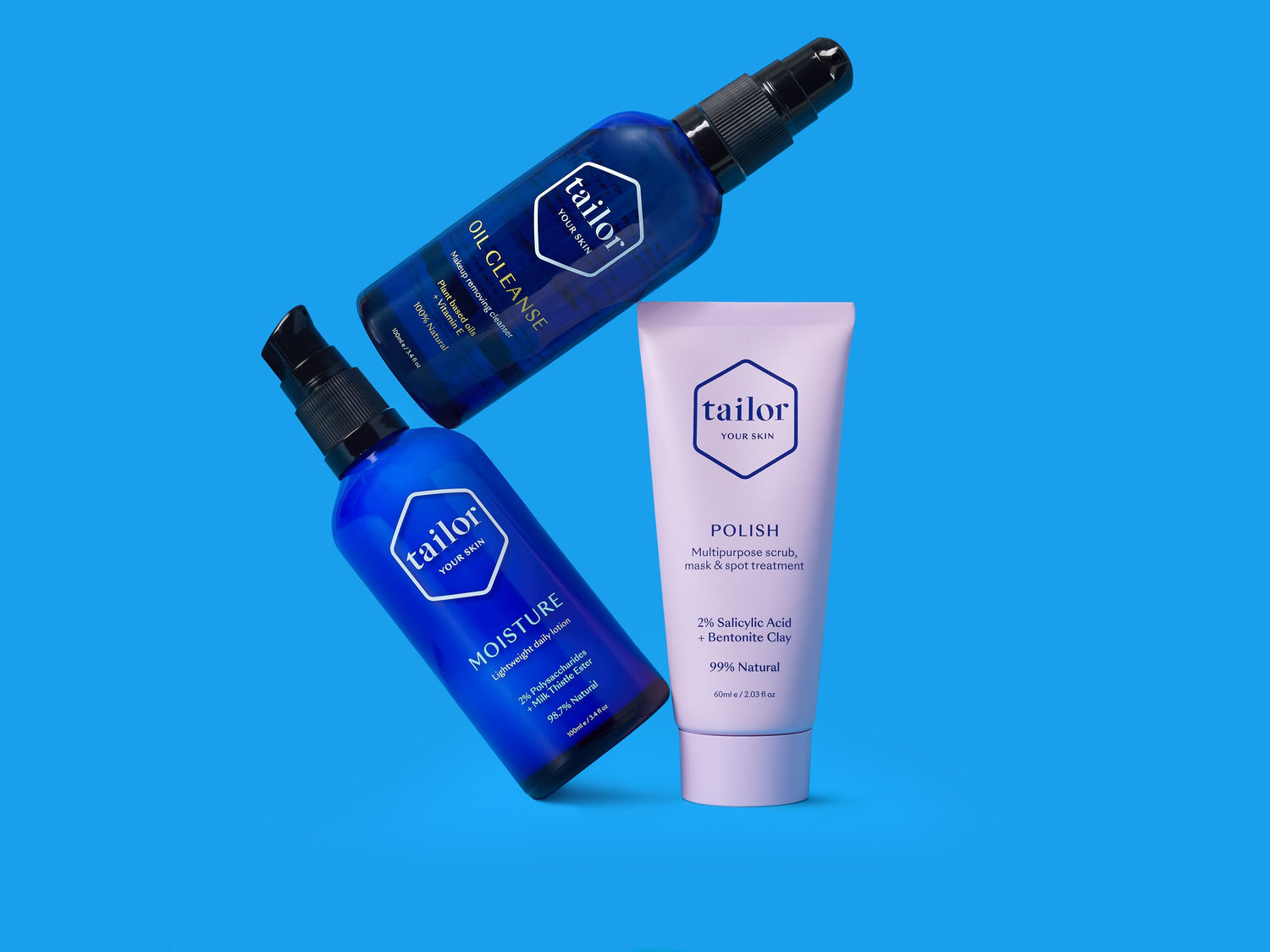When it comes to clean beauty, we’ve become experts in finding and avoiding known nasties; parabens, xenoestrogens, and silicones, just to name a few. But there’s one ingredient that may be slipping under your radar and into your skincare - fragrance.

What is a fragrance?
Fragrance, also commonly listed as perfume or parfum, is a mix of synthetic or natural odorous ingredients. If fragrance is listed in the ingredients, it has been added additionally to change the smell of the product.
What’s the difference between unscented and fragrance free?
This is a bit of grey area, as there’s no universally accepted definition. Basically, unscented skincare contains fragrances or ingredients that neutralise the smell of the product.
On the other hand, fragrance free means the skincare doesn’t have any added ingredients to change or enhance the smell of the product. It may still have a scent due to ingredients that have a naturally distinct smell, like the natural oils in Tailor Oil Cleanse.
Why is there fragrance in skincare products?
Fragrances are known for boosting your mood, making you feel better and enriching your skincare experience.
As humans, we make strong connections to scents - even the thought of a beloved scent can cheer us up. Social Issues Research Centre reported, “The thought of pleasant fragrances may be enough to make us a bit more cheerful, but the actual smell can have dramatic effects in improving our mood and sense of well-being.”
It also comes down to the smell of raw ingredients and chemicals in your skincare, which often don’t smell that great. You may have found a miracle product but if the smell is so off-putting that you don’t want it on your skin, then it’s not that great after all.

Is fragrance bad for your skin?
The American Academy of Dermatology reported fragrances to be the leading cause of allergic reactions on the skin. They’ve been reported to cause types of dermatitis and rashes, and about 35% of people report migraines or respiratory problems. Not what you want when treating yourself to a relaxing pamper session!
That said, don’t rush to write fragrances off completely. It’s not as simple as labelling all fragrances as bad - it depends on whether the fragrance is synthetic or natural, and on your skin.
How can you identify synthetic fragrances in skincare and cosmetics?
Due to a regulation loophole, skincare and cosmetic brands don’t need to list the ingredients used in their fragrances - this is considered a trade secret, as creating the perfect scent is often a time-consuming and complex process.
The majority of chemicals found in synthetic fragrances are derived from petrochemicals. This includes phthalates which are known endocrine disruptors and carcinogens, which are particularly risky for pregnant and breastfeeding mums. Studies by the Environmental Working Group revealed nearly 75% of all fragranced products contain phthalates. This is the risk from just one of the 4,000 possible chemicals that could be in your synthetic fragrance.
Despite this, natural skincare and cosmetic brands will generally disclose that their fragrance is natural in the ingredient list, for example Tailor lists it as ‘fragrance (natural)’.
What is a natural fragrance?
A natural fragrance is one made from naturally derived ingredients, rather than synthetic. You might wonder, with all the proven negative effects of synthetic fragrances - why would brands still include these in their products? Two main factors; cost and convenience. It’s generally more expensive and time consuming to extract natural oils, rather whipping them up in a lab. They’re also less reliable; synthetic fragrances are guaranteed to smell the same from batch to batch, however there are always variations when working with natural ingredients.
Natural fragrance is included in two Tailor products, Renew and Moisture. Our products are designed to be a moment of self care pampering everyday, and we wanted the scent of our products to enrich this experience.
Our fragrance is a bespoke blend of extracts of essential oil chosen for their relaxing and soothing properties. All the ingredients in our fragrance are derived from natural sources.
Essential oils can be quite active on the skin, so to make sure our fragrance is gentle. Both Renew and Moisture have been dermatologically tested by internationally renowned Dermatest in Germany - and they’re rated excellent to be gentle on your skin.

How do you know if you have a fragrance allergy?
As with all skin sensitivities, we recommend you patch test new skincare before lathering up! The best place to patch test is behind your ear or the inside of your wrist, as the skin is delicate.
If you’re concerned that you may have a reaction to trying any skincare, we recommend popping into your local stockist to patch test with a tester. Alternatively, your products bought online can be returned within 30 days if your skin reacts for stress-free purchasing!
Should you avoid fragrance in your skincare?
Like all ingredients, fragrance is complicated and entirely dependent on your skin.
We recommend doing your own research, patch testing your products and making the choice that suits you and your skin’s needs.
As with all products you have in your life, we recommend you opt for the natural choice. You don’t need to give up your beautifully scented products to avoid the health-harming side effects of fragrances - just go natural!
Is fragrance right for you? Chat with us now.
References
https://server.aad.org/Forms/Policies/Uploads/PS/PS-Chemical%20Identity%20of%20Fragrances.pdf
https://ec.europa.eu/health/scientific_committees/consumer_safety/docs/sccs_o_073.pdf http://www.sirc.org/publik/smell_emotion.html
https://www.mcgill.ca/oss/article/quirky-science-you-asked/what-difference-between-unscented-and-fragrance-free-products
https://journalistsresource.org/wp-content/uploads/2011/10/Steinemann-et-al.-2010.pdf https://www.ncbi.nlm.nih.gov/pmc/articles/PMC1566206/
https://pubmed.ncbi.nlm.nih.gov/11771925/ https://www.theguardian.com/us-news/2019/may/23/fragrance-perfume-personal-cleaning-products-health-issues
https://www.safecosmetics.org/get-the-facts/chemicals-of-concern/phthalates/
https://www.ncbi.nlm.nih.gov/pmc/articles/PMC5093181/#CR2
https://www.ewg.org/research/not-so-sexy

